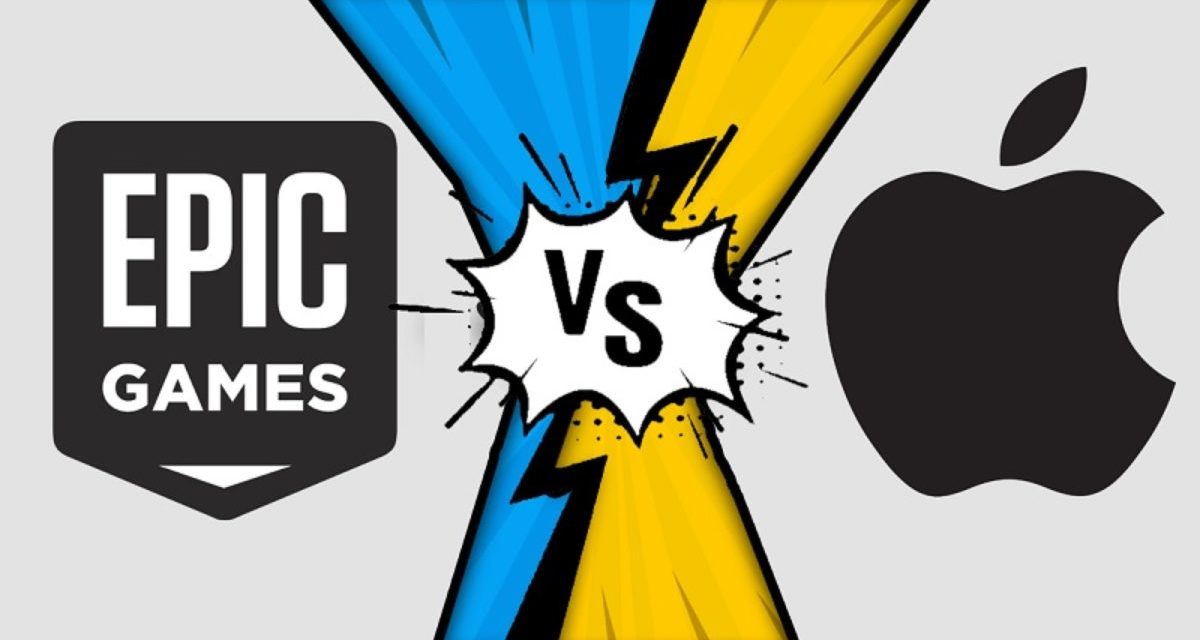A federal judge must decide after a Friday hearing whether to hold Apple in contempt for violating her injunction to stop its practices restricting how app developers offer products in the App Store, which she says was anticompetitive, according to Courthouse News.
As part of a monthlong series of hearings, the parties first came to court May 8 before U.S. District Court Judge Yvonne Gonzalez Rogers to analyze Epic Games’ claim that Apple violated her 2021 injunction on its policy preventing developers from adding external links and buttons in apps.
Epic Games wants Rogers to order the tech giant to remove all anti-steering provisions in its developer guidelines, saying that its requirements amount to “a de facto prohibition on external links.” According to Courthouse News, Rogers said Friday that she still needs documents from Apple from the period when it explored and confirmed its new App Store policies, before she rules on the matter.
“I want all of Apple’s documents relative to its decision making process with respect to the issues in front of the court,” Rogers told Apple attorney Mark Perry. “All of them. If there is a concern, then be overly broad.”
This is all part of an ongoing legal brouhaha between Epic Games and Apple. In April Epic Games convinced a US District Court to order a hearing over its assertion that Apple is failing to comply with the games company’s one App Store victory.
The Fortnite maker wants the court to hold Apple in contempt, to correctly update its policies, and to remove all of its new anti-steering provisions. On March 13, Epic asked a federal judge to hold Apple in contempt of court over its failure to properly comply with a court order to open its App Store to outside payment options.
In response, an Apple spokesperson sent AppleInsider extracts from its formal Statement of Compliance. It begins with a claim that “As of January 16, 2024, Apple has fully complied with the Injunction,” and details how it has changed its previous rules on developers contacting customers directly.
The global legal battle between the two companies goes back to Aug. 13, 2020, when Epic Games announced that it had introduced a new direct payment option in the Fortnite app for iPhone and iPad, allowing players to purchase 1000 V-Bucks for US$7.99 rather than $9.99 through Apple’s in-app purchase mechanism. Shortly thereafter, Apple removed the gamer from the App Store for violating store polices and followed up by shutting down the company’s developer account.
Epic immediately filed a lawsuit against Apple in the U.S. District Court for the Northern District of California.In September 2020 Apple filed a countersuit to stop the game maker from using its own payment system for Fortnite. Apple also accused Epic of theft and sought extra monetary damages beyond breach of contract.
In September 2021, U.S. District Judge Yvonne Gonzalez Rogers ruled that Apple’s anti-steering conduct is anti-competitive, but ruled in favor of Apple on all other counts.
Article provided with permission from AppleWorld.Today




